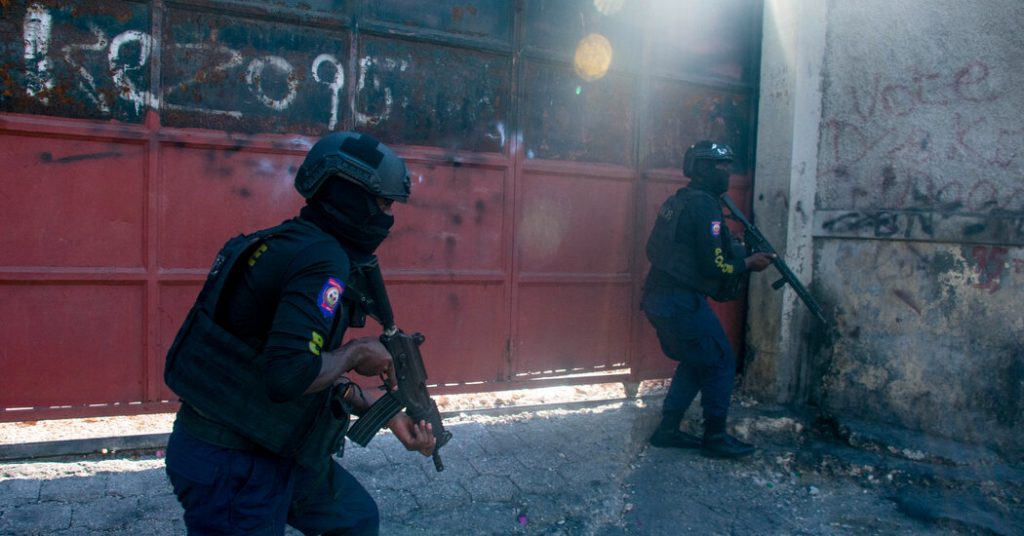Gang violence in Haiti has reached catastrophic levels, resulting in the deaths of more than 1,500 people so far this year. The United Nations human rights office has described the situation as a “cataclysmic situation” caused by corruption, impunity, and poor governance. Gang violence has left 1,554 dead and 826 injured, with a surge in sexual violence and vigilante attacks. Armed gangs have taken control of most of the capital, Port-au-Prince, leading to the resignation of Prime Minister Ariel Henry.
U.N. human rights expert William O’Neill described the current violence in Haiti as the worst since the early 1990s military dictatorship. Haitians are living in fear, unable to safely leave their homes to even go to the market. The Haitian police are struggling to withstand the onslaught of the gangs, as they are outnumbered and outgunned. The U.S. State Department announced it would be sending $10 million in equipment, including weapons and ammunition, to support the Haitian security forces.
The head of the U.N. human rights office in Haiti, Arnaud Royer, expressed concern about the dwindling police forces, with only 600-700 officers in Port-au-Prince and a total of 9,000 police active in the entire country, less than half of the U.N.’s recommended policing level. The police are facing well-armed and organized gangs with sophisticated weapons capabilities, including assault rifles and sniper rifles. Despite an international arms embargo, illegal weapons continue to flow into Haiti, exacerbating the violence on the ground.
The creation of a presidential transitional council has been delayed due to personal security fears and ethical issues. The council is tasked with appointing an acting prime minister, organizing new elections, and deploying a U.N.-backed international police mission. Meanwhile, humanitarian agencies in Haiti are reporting food and fuel shortages, with the main port in the capital shut down. The World Food Program has described the country’s food insecurity as the worst on record, as gangs have taken over farmland and blocked transportation routes.
The international community, including the United States, Canada, and France, has evacuated stranded citizens from Haiti on emergency flights. Despite some recent lulls in violence, the situation remains dire, with widespread insecurity and humanitarian challenges. The ongoing crisis in Haiti underscores the urgent need for comprehensive solutions to address the root causes of gang violence and instability in the country.


